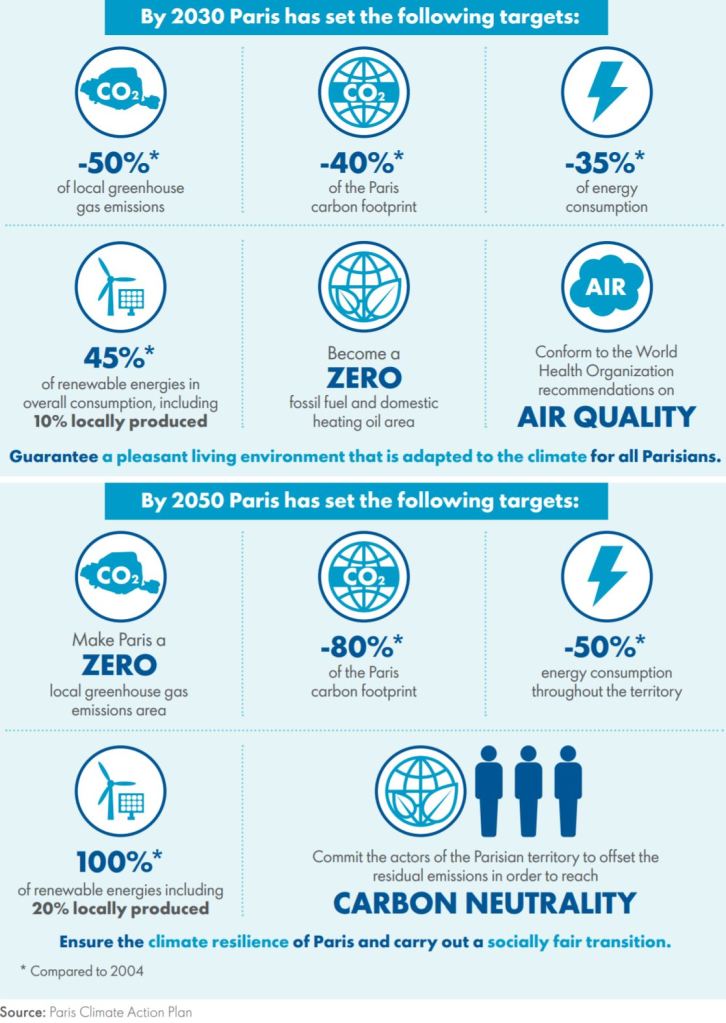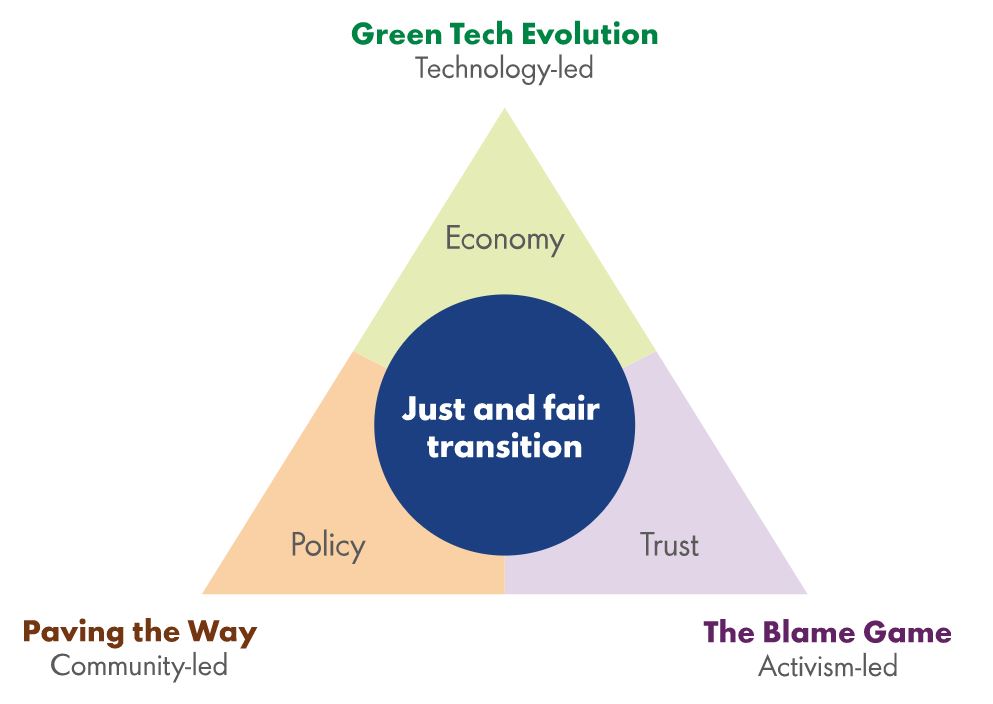
With some national governments hesitating on taking ambitious steps to reduce emissions and steer towards net-zero emissions, the required leadership has been picked up by others within national and regional economies. This is often referred to as sub-national action. In other instances sub-national action has been in addition to actions being taken centrally, as part of a concerted effort to move the country forwards. A variety of leaders have stepped forwards, from CEOs of corporations to city Mayors.
Over recent years city mayors have become important participants in developing mitigation action, given the role that cities play in the global economy. Roughly two-thirds of energy consumption today occurs in cities, and this will increase as urbanisation trends intensify. Cities account for more than 70% of global carbon dioxide emissions, both directly through cars, trucks and buses on the roads and indirectly through electricity and goods and services that the people in cities purchase from outside. At COP21 where the Paris Agreement was negotiated, the C40, a network of the world’s mega-cities committed to addressing climate change, sent their mayors to Paris as a clear signal of support for an agreement to emerge. A further impetus came from American cities when the USA announced it was leaving the Paris Agreement and several cities announced that they were “still in”.
Cities have significant leverage when it comes to shifting goods and services to a lower carbon footprint. For example, when London introduced it’s Congestion Charge in 2003 but gave an exemption to hybrid vehicles, an explosion in Toyota Prius demand quickly followed, including for me as we lived one street outside the Congestion Zone and my son went to school inside it. Today cities are looking to increase their environmental ambition. Many are now focussing on net-zero emissions as a goal in that it is tangible, necessary and engaging for people living in cities. Such a goal also brings direct and immediate benefits to people living in cities in that it tends to require a shift to electricity, such as for electric vehicles, which in turn improves local air quality.
One such city is Paris itself, which has established an ambitious net-zero emissions framework to take it forward to 2050.

Meeting these goals will require a step change in the level of action being taken by the city authorities and the need to engage extensively with the city residents. But the necessary steps may not come easily. To that end, Shell and Leonard (Vinci Group) organised a scenarios workshop in Paris in 2019, bringing together public, private and civil society stakeholders. The objective was to broaden the conversation about the future of the Paris Metropole and the collaborations required to address common pressures, in order to transform the ways in which we work together to meet the goals of the Paris Climate Action Plan. The workshop assembled 45 experts from 30 different institutions, including the Paris City government, the Île-de-France region, the French State Ministry for the Ecological Transition, the Organisation for Economic Co-operation and Development, the International Energy Agency, researchers from Sorbonne and Stanford universities, as well as some of the largest French companies.
The workshop led to the development three scenarios: Green Tech Evolution, The Blame Game and Paving the Way. Each describes different visions of the future for the Paris Metropole in 2040. The scenarios consider shifting socioeconomic, political and technological forces during the next two decades. They are all framed by two key uncertainties (socioeconomic inequality and policy governance) and one important shared challenge (the effects of climate change). Each scenario illustrates a pathway to 2040 and describes progress, or lack thereof, towards the goals of the Paris Climate Action Plan. Each scenario also indicates what would need to happen beyond 2040 for the Paris Metropole to become carbon-neutral.

In Green Tech Evolution, France vigorously pursues its ambitious plans to become Europe’s leading technology innovation and start-up nation, which eventually opens up a greener economic future. In The Blame Game, longer-term climate related policy decisions are placed on hold, as immediate social and economic problems take priority and in Paving the Way, local city mayors and communities collaborate to design evidence based policy options that address climate change within the Paris Metropole.
Cities may well be key to reaching the goals of the Paris Agreement and the Paris Metropole has an opportunity to lead climate action at the local, national and European levels. Given its association with the 2015 Paris climate agreement the area has important symbolic value in efforts to tackle climate change.
You can read about the Paris City Scenarios here.

Average Rating